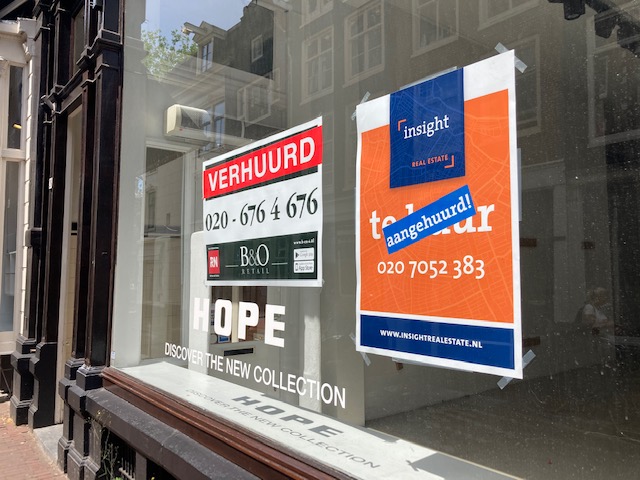CPB analyses eight election manifestos, public finances stable

The government’s macro-economic forecasting agency CPB has analysed the financial underpinnings of just eight manifestos ahead of the November 22 general election this year.
The CPB has looked at the financial impact of individual party programmes since 1986, but an increasing number of parties no longer submit their plans, arguing that the CPB’s economic models are “neo liberal” and focus purely on the money side of policy.
The NSC, BBB, SP, PvdD, Denk and the far right PVV and FvD are among the parties which declined to have their figures checked.
In its analysis, the CPB says there are clear differences in both the direction and the extent to which parties are making changes to existing policies. “While some parties want to introduce major reforms, others mainly want to tighten existing policies” and this means “there really is something to choose from,” the CPB said.
In addition, the CPB said, most parties have opted not to let public finances worsen in the coming cabinet period. Most have also decided to make the Netherlands less attractive to immigrants, “although they favour different approaches for refugees, international students and expats”.
The analysis also indicates that families will be better off, but that costs for employers will rise, although JA21 and Volt will cut corporate taxes as well. In the main, however, all the parties have plans which will reduce the number of households living in poverty.
There are also wide varieties in the speed at which parties want to reduce farming-based pollution.
The NRC points out that nearly all the special government funds set up last year to boost aspects of the economy – such as the growth fund and the climate fund – will face cutbacks. In addition, it points out, the VVD wants to stop all development aid projects, apart from in emergencies.
Although the CPB calculations can be useful ahead of the election in deciding who to vote for, few party plans are ever implemented in total because Dutch coalition politics are a matter of compromise.
Thank you for donating to DutchNews.nl.
We could not provide the Dutch News service, and keep it free of charge, without the generous support of our readers. Your donations allow us to report on issues you tell us matter, and provide you with a summary of the most important Dutch news each day.
Make a donation